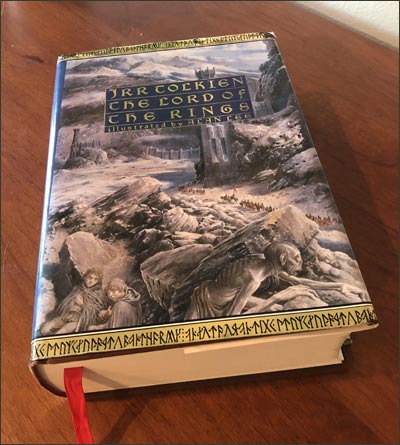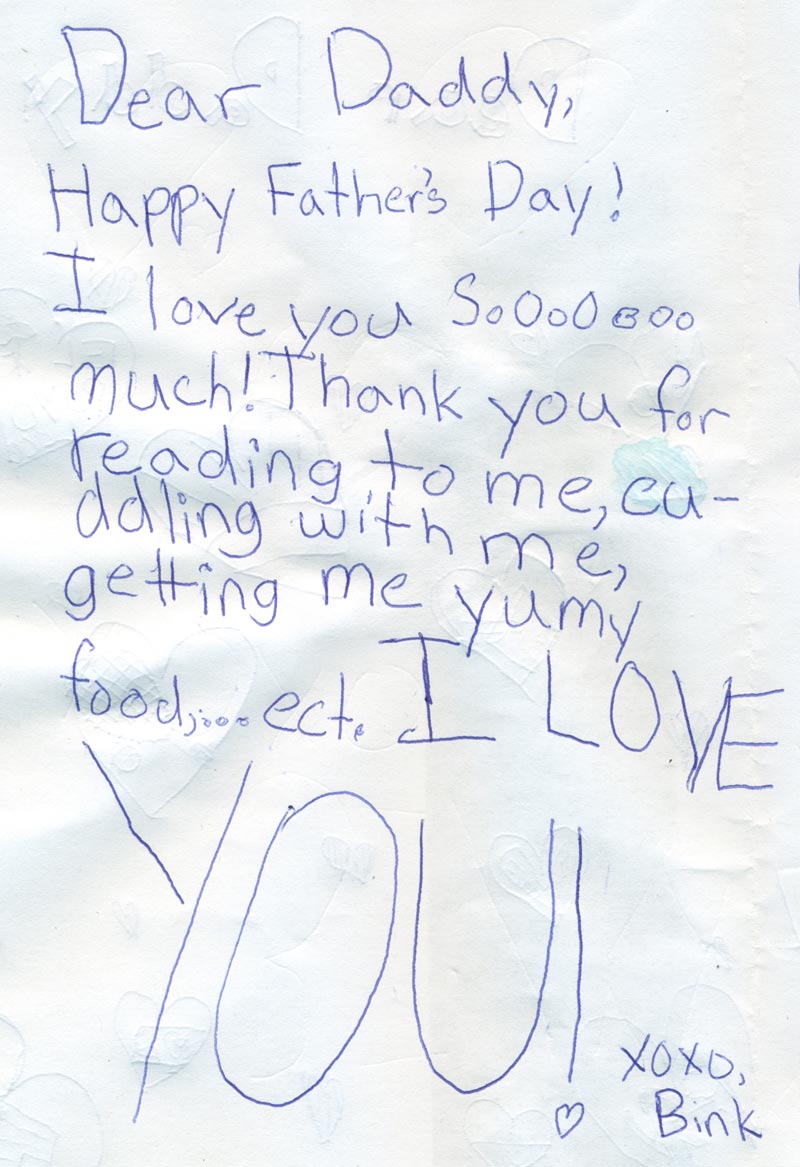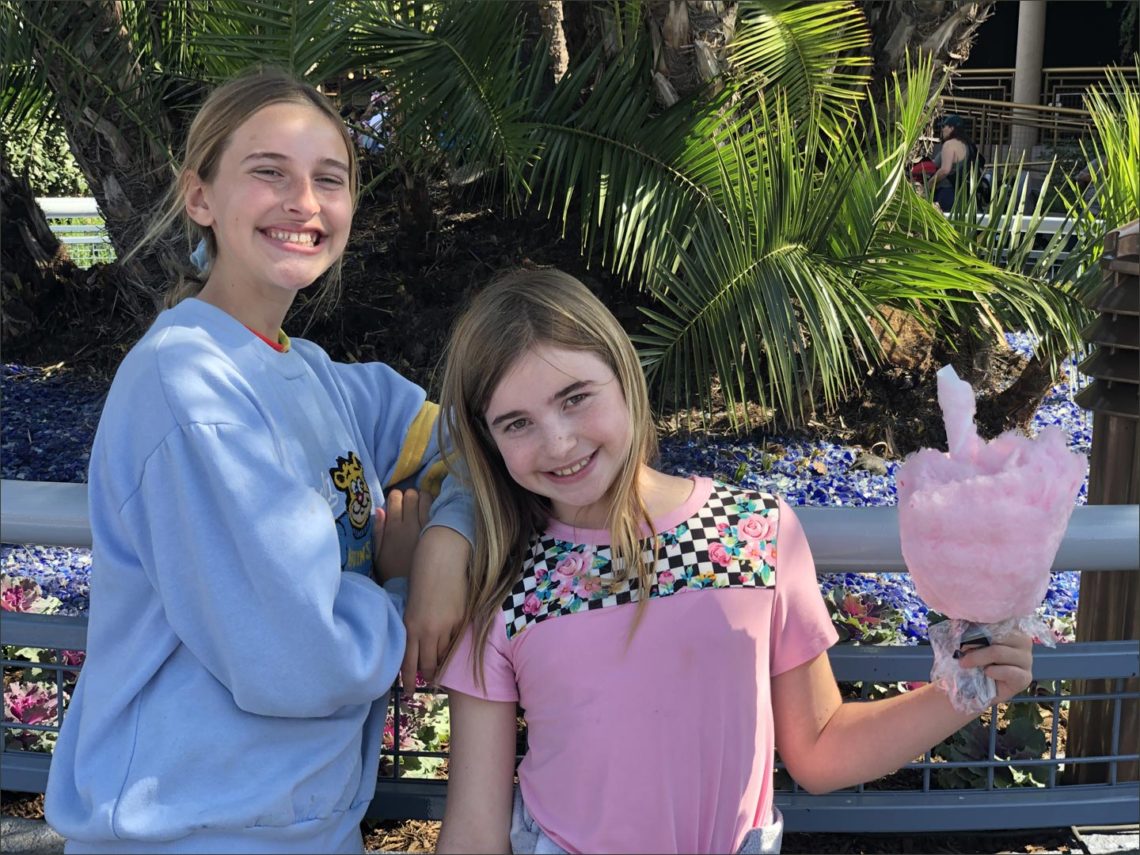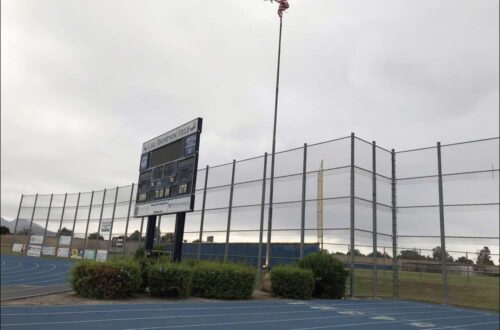There comes a time when your child wants a bit more independence.
It happened with my older daughter, Julia, around the beginning of sixth grade.
She would come home from school, go up into her room, close the door, and come out hardly at all for the rest of the evening. If she were hungry enough, she would make an appearance in the kitchen. We would insist on family dinner together, but more often than not she would retreat up into her room and close the door.
What does Julia do up in her room? Well, there is much for your average “tween” to accomplish. First of all, Julia had more homework in middle school than she did in elementary school. So she spent hours in her room dutifully completing her homework, especially in math where on Khan Academy Julia tried to complete two years of curriculum in one year. Then there were the group and individual text messages with friends, Youtube channels about make-up or ASMR sounds, and Tik Tok dance moves to discover and practice. Sometimes I would go into her room and Julia would just be drawing by herself. I try to remind myself not to be nosy. But I would also try to go into her room at least once per night, if only to say “good night” and “I love you” at bedtime. Julia seems to enjoy such bedtime rituals as much as when she was a little kid. “Come check on me!” she reminds me when she departs for her room to go to sleep. Often she gives up her palm to me to give her a “kissing hand” exactly like when she was in kindergarten.
During these quiet moments of daddy-daughter time before sleep, I make sure to ask Julia if there is anything she wants to talk about. Anything bugging her. I don’t want to pry, as too many mothers do, in my experience. But I do want to keep the channels of communication open for when she does want to talk. When she is troubled. When she might need advice. Or simply for someone to hear whatever she has on her mind. My experience is that teenage girls want someone to hear them more than they want someone to fix their problems.
During the long years of elementary school, Julia and I were together for hours everyday during the afternoons. I would pick up Julia from the bus stop at 2:38 pm, and it was just her and I until around 5 pm. That added up to a huge amount of time over the years. Often Julia would get in the car and look over at me and her eyes would say, “You again, eh?” She was bored with me. I would often feel the same towards her. But out of necessity we had our rituals and ways to pass the time. We would eat a snack to prevent one of us from becoming “hangry” and ill-tempered. We would go to some restaurant, order a bit of food, and sit there and eat while Julia completed her homework. I would dutifully sign off on the parent homework page. I remember working out with her secret place-shifted letter codes to enable us to pass private messages. Especially in the later stages of elementary school — fourth and fifth grade — Julia would sometimes exit the school bus exhausted and in tears. I would listen as she described the ups and downs of her peer group at school that day. I had no idea how stressful and involving the friendships of little girls could be! Especially pernicious was this seemingly commonplace practice of excluding some from the inner-circle of confidence and trust. The interior lives of little girls are more complicated than I had ever suspected. I listened. I learned.
For better or for worse, Julia and I had this intense interaction almost everyday. If Julia had her way as a little kid, she would have been on my elbow almost all the time. Parents of importunate toddlers and small children sometimes lock themselves in the bathroom to get a break. The little kid is just always there! It can be too much. In a locked bathroom an overwhelmed parent might gain some alone time at last.
But then the child turns into a young-ish adult and wants to be off by herself. I remember reading a study that showed teenagers actually liked having their parents physically near them. They just didn’t want their parents to talk. They don’t want to hear anything from their parents. But their mere physical presence is somehow comforting. So a parent is, I guess, like an old lucky rabbit’s foot that confers a feeling of security, at least if it doesn’t talk. Alas.
As a long-time high school teacher that rings true to me. By the time they become teenagers they have heard every story their parents have to say untold times, and they are tired of both the parents and the stories. The dad opens his mouth to speak and the teenager is already exasperated! They are done. They want something else, something new. I get it. My cousin, a college-student at the time, once told me, “Being in high school is all about wanting to be where the adults are not.” That usually means being with their friends. But I have noticed teenagers do want adult contact and input. They just don’t want much of it from their parents. Ideally adolescents can have teachers or coaches, rabbis or minsters, uncles or aunts — whoever — that are positive influences in their development. Other adults who, more or less, echo the same positive messages and influences parents want for their kids — and which most teenagers want for themselves.
I have told my older daughter that it is my job to provide certain boundaries for what is acceptable. I place limits on her choices and behavior, but inside this scope of choice she has full agency to lead the life she wants. Then I try not to get in her way. I try to say “yes” as much as I can. I try to give her the independence she needs and wants.
But I cannot help but feel a bit rejected. I miss the daughter who wanted to pal around with me. I miss the connection we had. I miss the Julia of yore.
I once told Julia this and she rejected the idea that we are no longer so close. She even cried when I told her, “I miss you, Julia.” But her denial notwithstanding, she has changed. Our relationship has changed. And that is fine. I recognize that the self-sufficient and socially mature young adults are the ones who have the confidence to emerge from the roost in search of fresh ground to explore. I don’t want her clinging to me as a teenager. That would be a warning sign that something was wrong — some need she had was going unmet. And I am very proud of the young woman Julia is becoming. And she knows in a crisis that she can have as much of me, my time, and my attention as she wants. I stand rock-solid beside Julia (and Elizabeth).
I often ask my female high school students for advice. “How can I be a better dad to my teenage daughters?” I ask them. “Watch who their friends are!” is the first thing they ominously warn me. Next, in more general terms, they advise me to keep open the channels of communication. Adolescent girls might not always be open or forthcoming, but as a parent you want to be available when she wants or needs help and support — when she does open the door to her inner-thoughts — when she chooses to share her worries, fears, hopes, and dreams. If you don’t know any of this about your daughter, can you really claim to know her?
Julia is in the next step of her journey towards self-sufficiency and independence. Two months ago we read JD Salinger’s “Catcher in the Rye,” and I also taught Julia all about the famous psychologist Erik Erikson’s Stages of Psychosocial Development. We talked about how Holden Caufield was failing to find his grown-up identity as an adult apart from the family that produced him. Why was that happening to Holden? I asked her. What might be the long-term negative consequences of persisting in role confusion and failing to develop a mature adult identity? What happens to those adults so confused about their role in the wider world? Those stuck in an adolescent frame of mind long-term? We talked long and seriously about it. Finally, we watched the 1980s movie Vision Quest which tied all these questions together nicely. How does a young adult test himself? In adolescence why does one “try on” different personalities? How does one pass through the crucible of teenage growth by questioning everything and challenging the self? How can she arrive to adulthood with a solid understanding of who she is? Is this what is meant by “growing up”? It was a rich learning experience. We both enjoyed it, I think. Julia is thirteen-years old.
But my younger daughter, Elizabeth, is still a kid. She is ten-years old. Next year she will complete fifth grade and finish elementary school. She will hang on my elbow constantly, if I let her. Just like with Julia, I have her everyday after school. We play and engage for hours, just as Julia and I did. But soon that will change. She will mature and want to be more by herself, as happened with her sister. She will start middle school and become a “tweenager.” My girls they will grow up.
So I will enjoy the last vestiges of Elizabeth’s childhood before that happens. Right now we are almost done with JRR Tolkien’s “The Fellowship of the Ring” series. That is right. We read every page together and have enjoyed it. I bribe her with five dollars worth of “Robux” each Friday and so she is eager to read with me and earn her bribe. But the further we get into this long and intricate story, the more she becomes enthralled and excited by the narrative arc. Such a story demands patience and time to pay dividends. We have slogged through many a page, and now the majesty of the whole saga is starting to become understood. I have this beautiful illustrated copy of all three novels together in one tome which I bought for $80 some twenty five years ago, and finally I am getting significant use out of it. But the reading of this epic is a time-intensive activity. Hour after hour of hour of devoted father-daughter time in reading daily over many weeks. It goes on and on. If we want the payoff in enjoying and appreciating this classic, we have to make the necessary investment of time and energy. There are no short-cuts. Not in parenting nor in serious reading.

It is neither a small book nor a simple story.
In the moments when Elizabeth exhausts me, I remind myself not to engage in self-pity, or to give up in exhaustion and de-engage. Instead I try to remember to take advantage and enjoy it. Such child-like attention and innocent enthusiasm won’t last forever. It will go away. Julia is no longer interested in reading novels together. We read “Catcher in the Rye” separately and came together to discuss it every couple of chapters. In contrast, Elizabeth allows me to choose and read entire books with her. Milk this cow while there is still milk to be had!
As a father this is what I have worked towards and hope for: A powerful child-parent bond all throughout childhood which can help enable a tight family bond later. A strong daddy-daughter connection in childhood, I will hope, is like putting money in a bank account which you can draw against later when she becomes a moody teenager and you need it. When stormy weather arrives, as it always does, the family relationships will prove durable and able to withstand the storm. As Tolkien himself writes:
“The old that is strong does not wither,
Deep roots are not reached by the frost.”
So I will hope for the future.
But we shall see.
Parenting has a way of challenging and humbling a person.
Wish me luck, dear reader.
I might need it.
A HAPPY CHILDHOOD, HOPEFULLY

Archimedes







One Comment
Ken Kennefield
Speaking of Tik Tok it’s interesting that it’s from a company based in China.